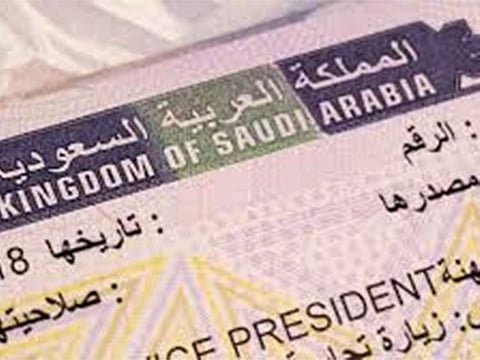Saudi Arabia: 8 scenarios where expat workers can change jobs
Initiative announced by Ministry of Human Resources to improve contractual relationship

Dubai: The Saudi Ministry of Human Resources and Social Development has set eight conditions for the eligibility of expatriate workers to transfer job without their current employer’s consent as per the new labour reforms announced by the ministry in November.
The initiative is part of the ministry’s plan to scrap the sponsorship (kafala) system for expatriate workers, in its efforts to improve the contractual relationship between expatriate workers and employers, local media reported.
The ministry stressed that the job transfer does not incur any additional fees other than what is already in force at present and that it will not affect the status of issued visas, which will be in accordance with the mechanism that is currently in force.
The eight conditions for expat worker’s eligibility to benefit from the job transfer without employer’s consent are:
1. Absence of a documented work contract with the current employer within three months from the worker’s entry into the Kingdom.
2. If an employer fails to pay the worker’s wages for three successive months.
3. in case of the employer’s absence because of travel, imprisonment, death or any other reason.
4. Expiry of worker’s work permit or residency permit (Iqama).
5. If an expat lodges a complaint about employer’s involvement in business licensing fraud (tasattur), provided that the worker is not involved in tasattur.
6. If a worker has proof that his employer is involved in people trafficking.
7. If there is a labour dispute between a worker and his current employer, and the employer or his representative failed to attend two sessions of litigation despite being notified of the hearing dates or failing to attend two sessions for amicable settlement of disputes
8. If the current employer mentioned he wants the worker to leave.
The new reforms also apply to employers who want to recruit new expat workers and have their visa transferred, providing they fulfil four conditions.
They include an employer’s firm being eligible to obtain visas according to the Kingdom’s rules and regulationsand their compliance with the Wage Protection Programme’s regulations.
Other conditions include the employer’s compliance with regulations of the labour contract documentation and digitization programme and compliance with the self-evaluation programme.
Sign up for the Daily Briefing
Get the latest news and updates straight to your inbox






